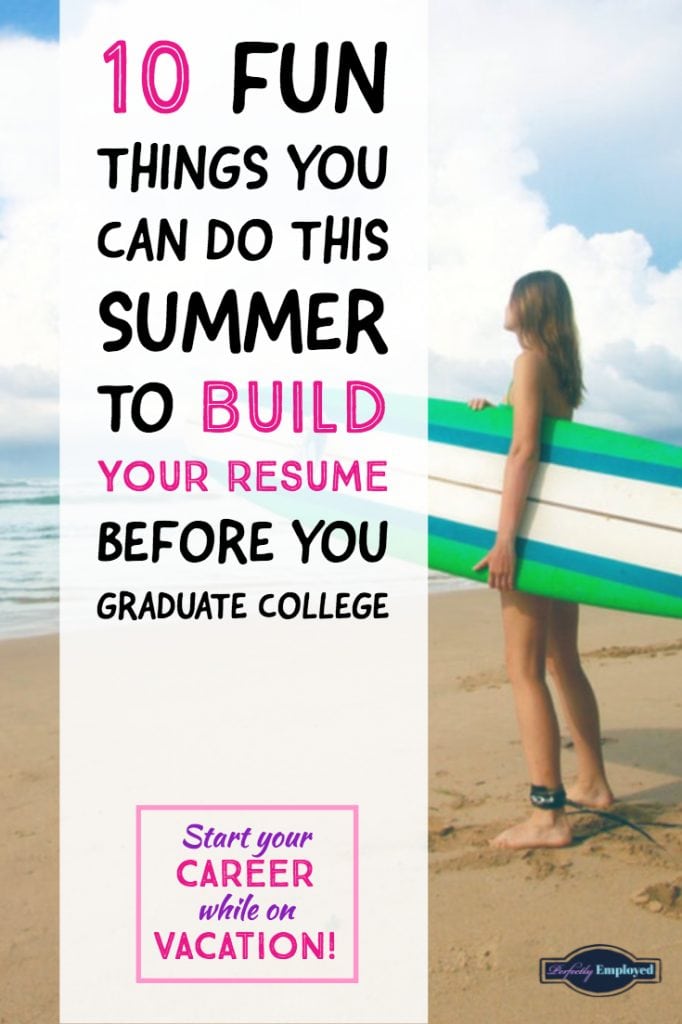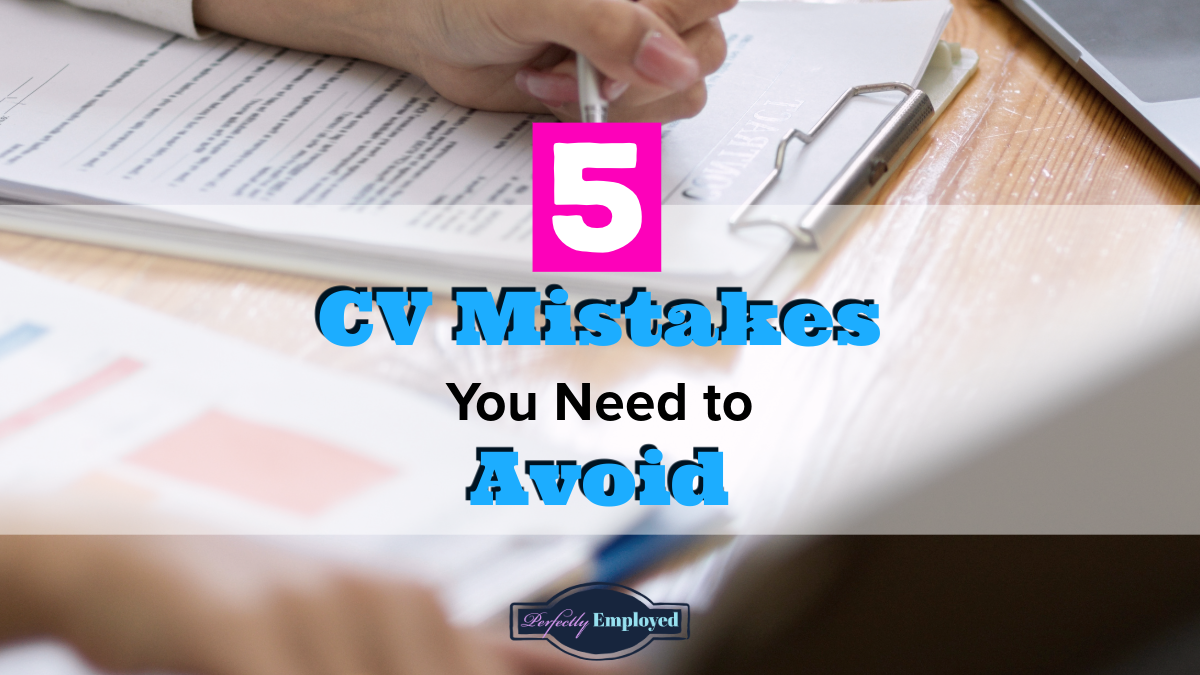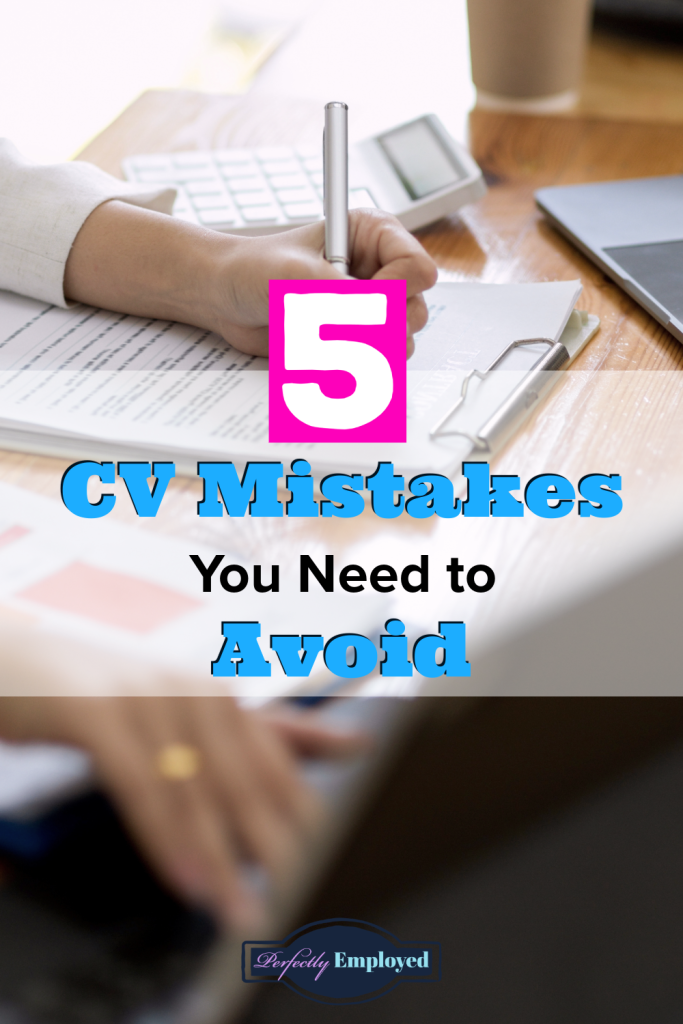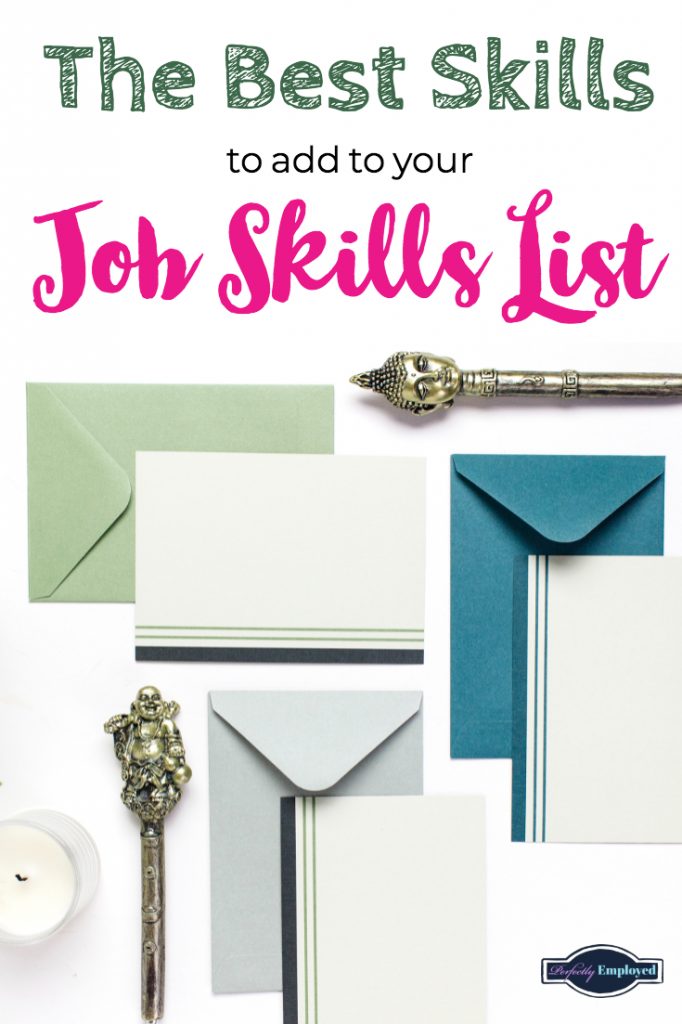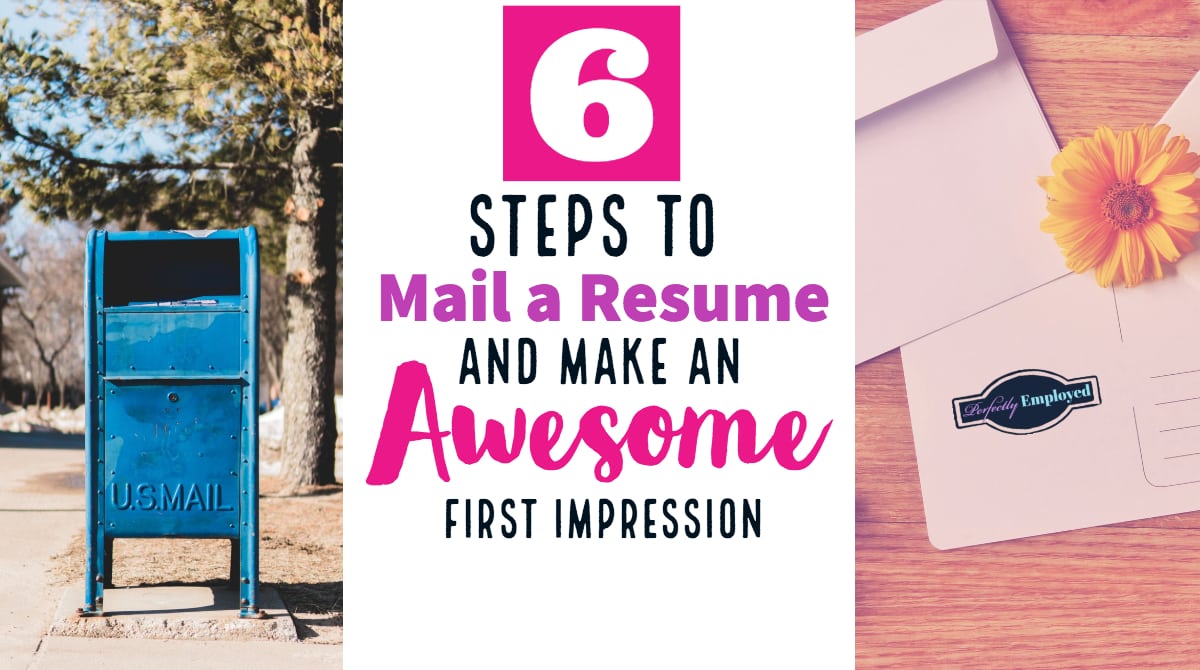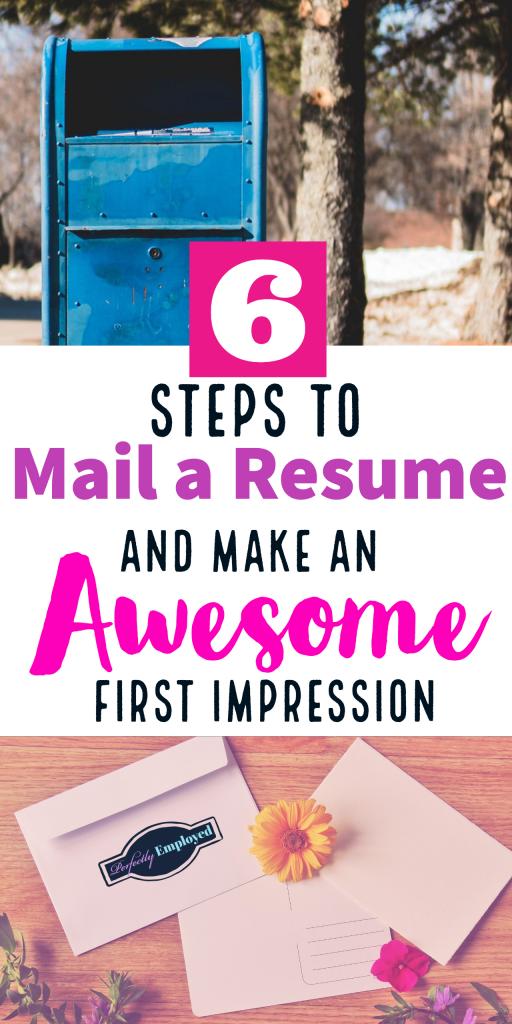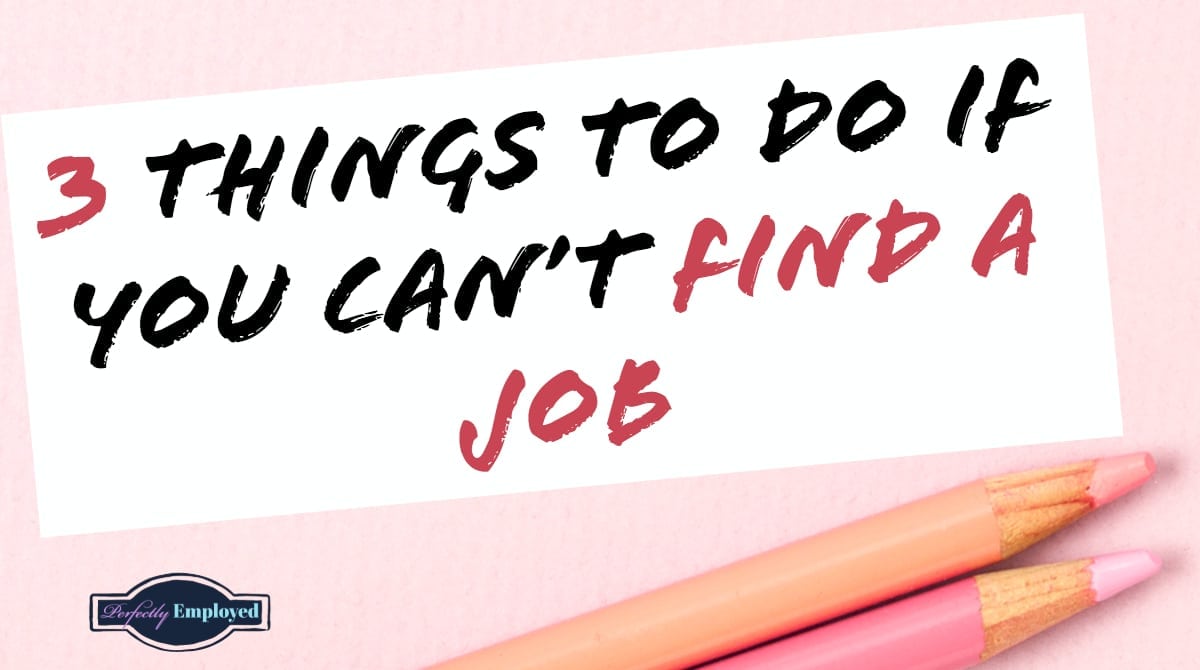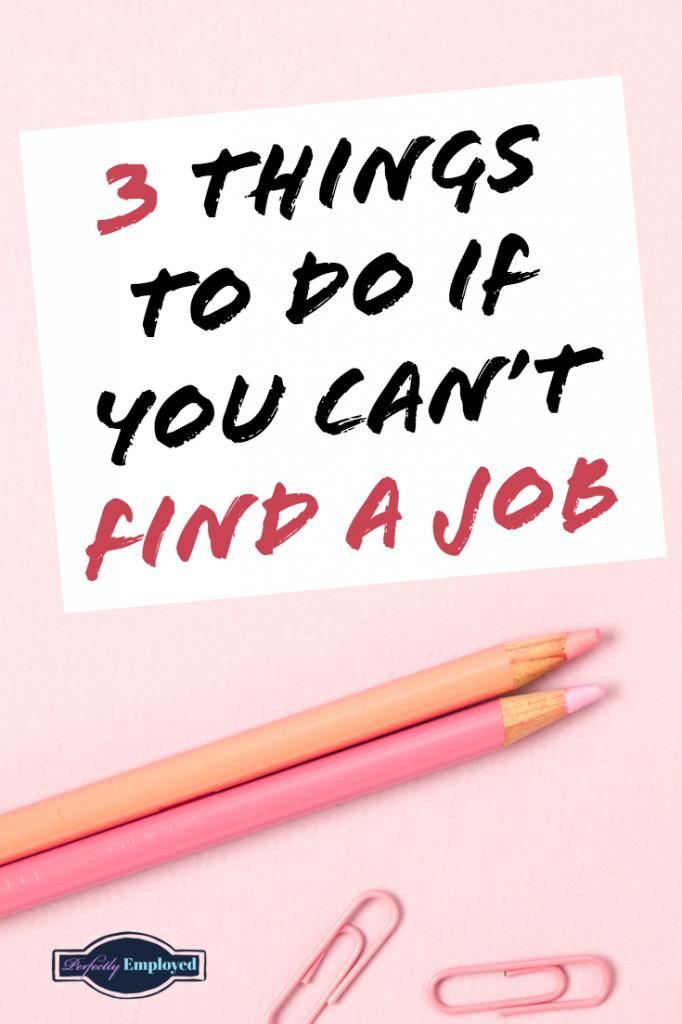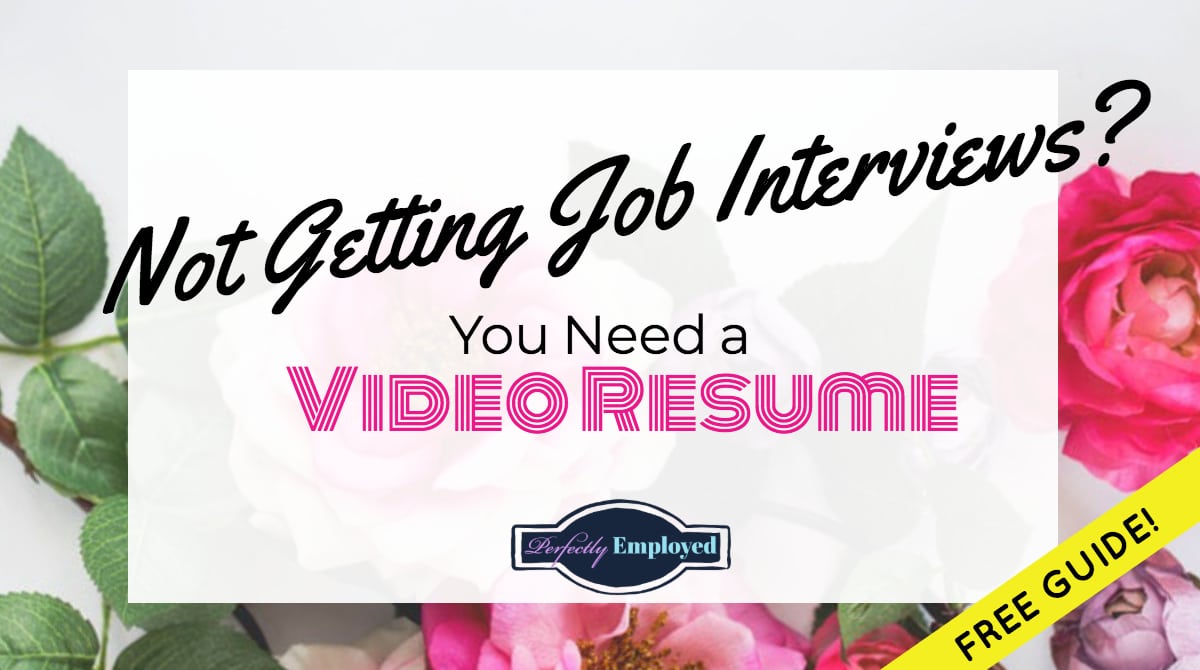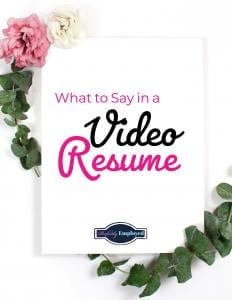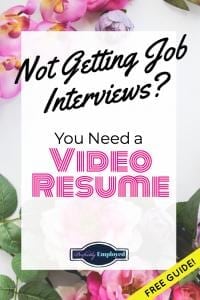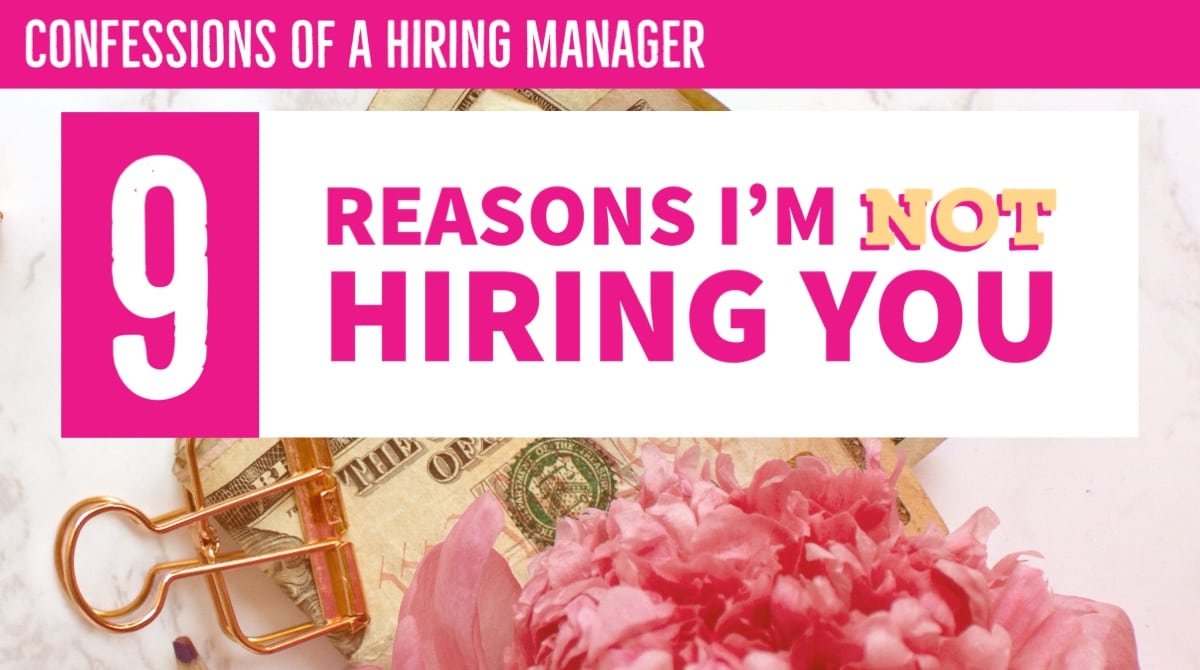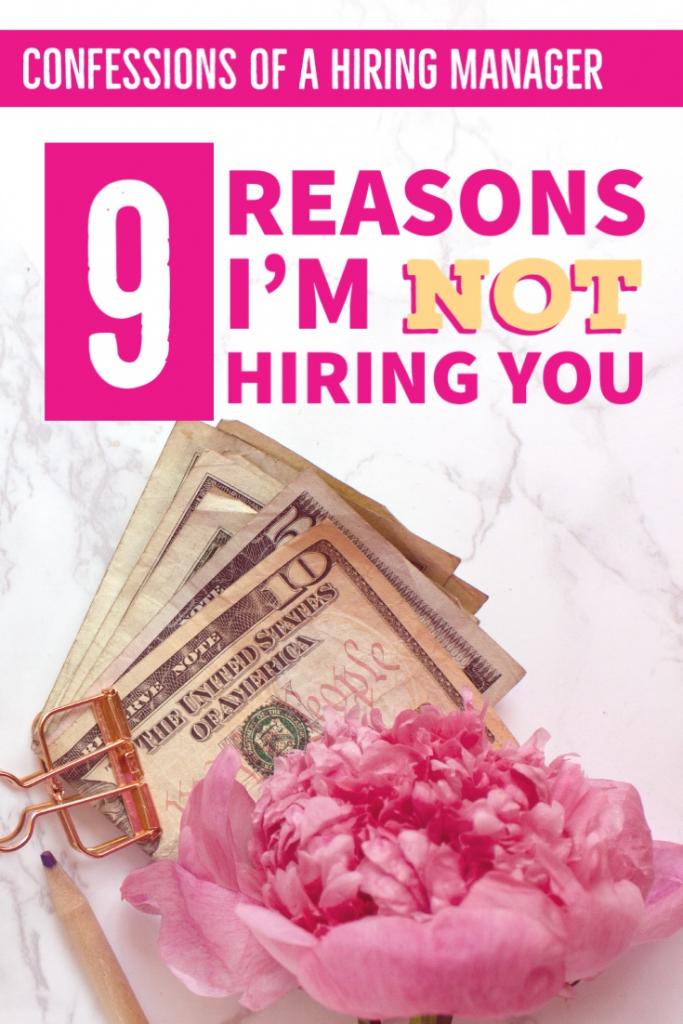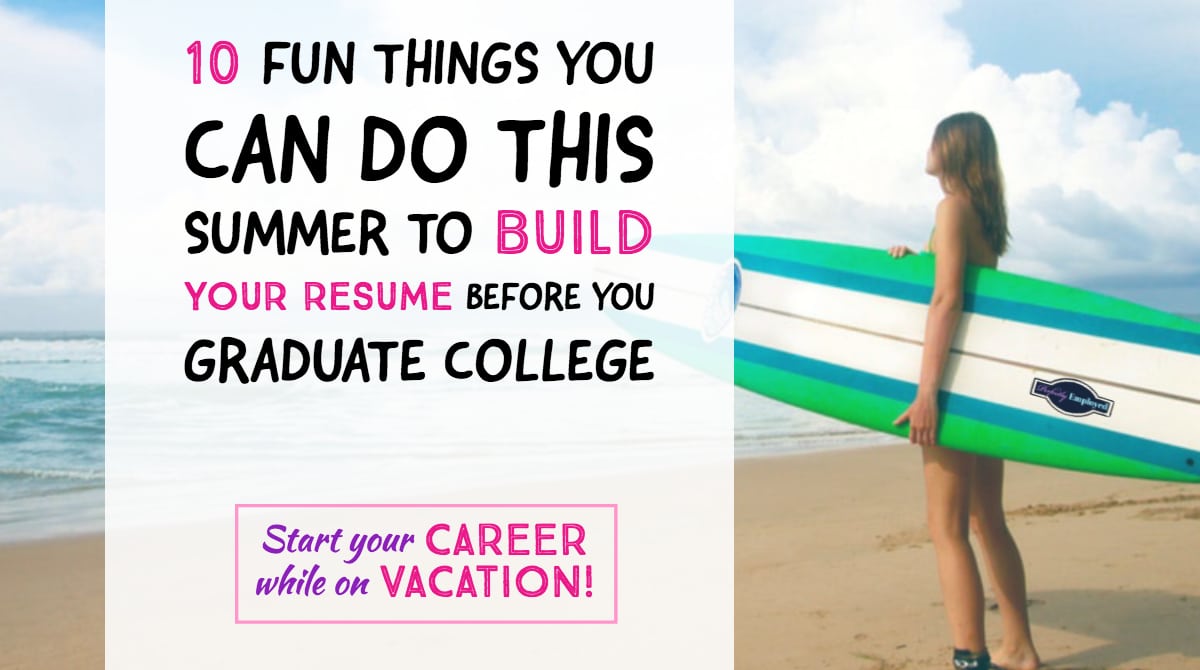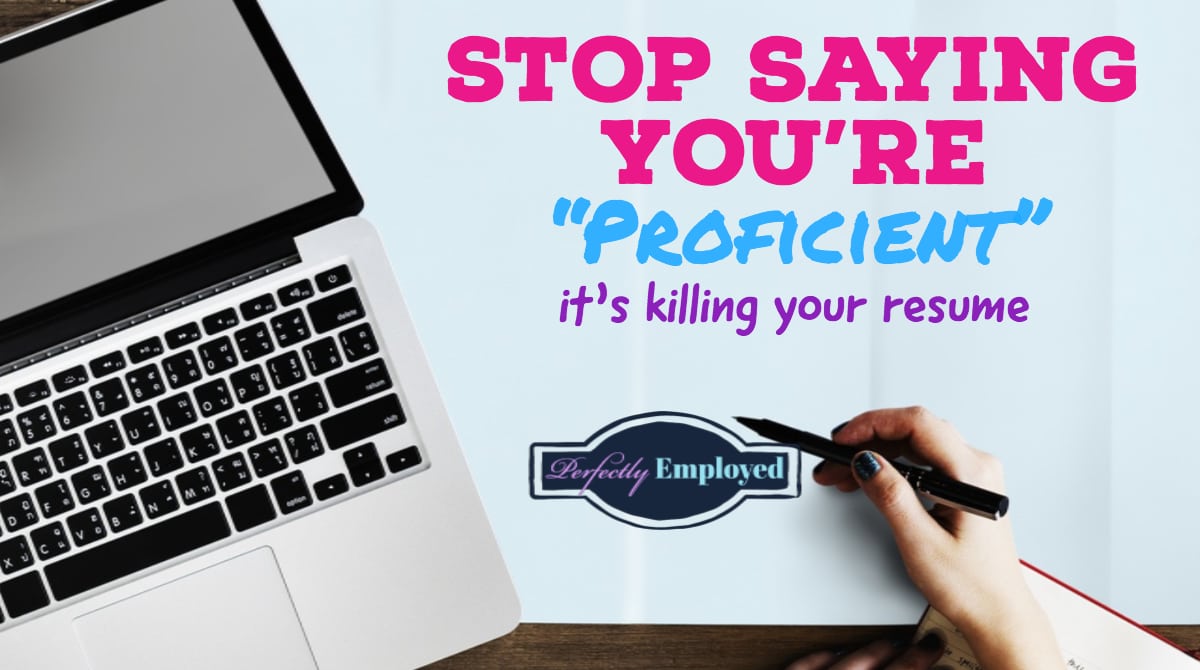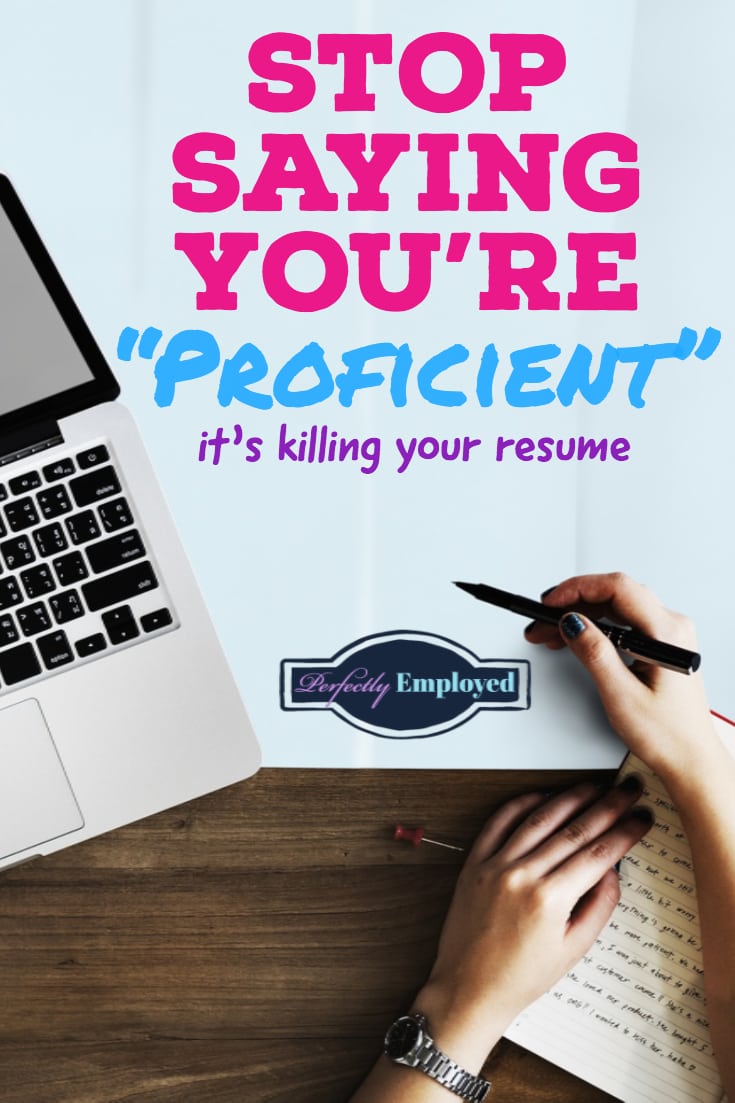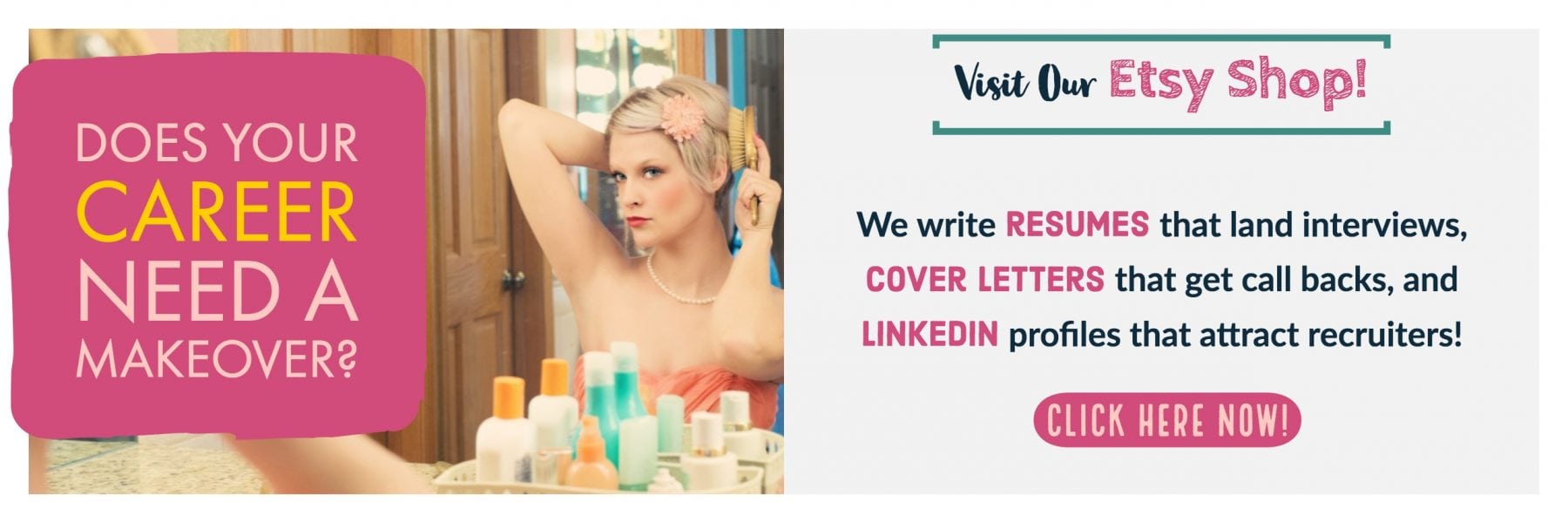If you’re still in college or just graduating high school, you’re probably looking forward to summer vacation. This year, instead of lying around the pool all summer, you could use your time to gain skills and experience for your resume.
The truth is, it’s hard to get a job right out of college if you don’t have both experience and a strong skill set. Use your summer vacation productively, and you could have both!
Here are ten things you could do this summer to prepare for your launch into the real world:
1. Get a job
The obvious thing to do to improve your resume, gain experience, make new contacts, and learn new skills this summer is to get a job. It doesn’t have to be a horrible, soul-sucking job, though. You can find a job that lets you enjoy the summer sun and have a bit of fun, too. Here are a few job ideas to get you started:
Lifeguard
You can make money sitting beside the pool or the ocean with a job as a lifeguard. You will need to take a Red Cross certification course, but they’re easy to find in most every area. This job comes with perks like getting to use the pool everyday, gaining valuable prioritization and life-saving first-aid skills, and a killer tan (wear sunscreen kiddos. Skin cancer is a bummer).
Camp Counselor
If you’re into arts and crafts, campfire songs, and s’mores, you could find a job as a summer camp counselor. Most offer on-the-job training, but you’re ahead of the game if you have first-aid certifications. You don’t necessarily have to live at the camp all summer, either. You can find day camps pretty much everywhere these days.
Theme Park Ride Operator
If you love roller coasters and cotton candy, you can find work this summer in one of the many theme parks across the country. Outside of Florida and California, most theme parks operate on a seasonal basis, which means they have hiring blitzes in May, just before school is out for the summer. The perks with this job include free theme park admission, unlimited rides, and discounts on food and merch.
Tutor
If the hot sun and summer mosquitos aren’t your thing, you can sit in the cool air conditioning with a tutoring gig. Check with your local library, community college, or high school summer programs for tutoring positions in your strongest subjects.
If you’re traveling this summer and looking for an online tutoring gig, try VIPKid. They help children overseas learn conversational English.
Retail
Online shopping hasn’t killed the retail market yet. A job in your favorite store can be a great way to spend the summer. You can network with people from all walks of life while scoring an excellent discount on your favorite stuff.
2. Take an Internship
Internships are one of the most valuable things you can do to improve your resume and network with people in your industry. It’s a great way to try on a career before you commit. You can find internships at places like internships.com, and if you’re majoring in education, communications, or graphic art, you can always intern online with our parent company, Escape the Classroom. Email your resume (no judgment) to info@escapetheclassroom.com if you’re interested.
3. Start a Side Hustle
You can show your future bosses that you’re a disciplined self-starter by starting a side hustle this summer. You could mow your neighbors’ yards, babysit school-aged children, teach senior citizens how to use their phones, or walk dogs. The business opportunities are endless, and we found 15 ideas in our Summer Side Hustles for College Students post.
4. Learn to Cook
Learning to cook will benefit you in more ways than you can imagine. First, you’ll save money by not eating out as much. Second, you’ll be able to impress colleagues at office parties with your baking cred. Finally, you will always know what to do to welcome a new boss or greet new clients—you’ll bake them something delicious!
Check Groupon for deals on local cooking classes. Your local community college likely has a few, too. If you’re looking for a solid cookbook that will solidify its place in every kitchen throughout your lifetime, pick up theBetter Homes and Gardens New Cookbook. I use the 1953 edition,but it’s very hard to find.


I recently discovered the Thug Kitchen cookbooksand love them! If you’re into tell-it-like-it-is language and very good nachos, try this cookbook series.
5. Volunteer
One of the best ways to beef up your resume is to volunteer for local charities. It’s a great way to network and help your community, and it shows that you’re willing to put yourself out there for a good cause. It’s also a good opportunity to explore your passions.
Help Disaster Victims
If helping people in crises sounds exciting to you, try volunteering with the Red Cross. They always have volunteer openings, and their trainings look great on a resume. You can volunteer as little as four hours per month!
Show Love to Rescue Animals
If you love animals, you could spend your summer volunteering with your local humane society. Humane societies take in animals of all sorts, including cats, dogs, horses, and livestock. They need help with everything from simply socializing rescues to bathing and feeding them.
Build Houses for Families
Habitat for Humanity has projects all over the country. Building houses can be a lot of fun, and you’ll learn skills that will help you as a homeowner later.
Help Your Local Charities
Of course, your local Rotary and Kawanis clubs have community interest projects, too. You can also Google to find local soup kitchens, homeless shelters, food banks, and special interest charities. My favorite places to volunteer are state and national parks. You’ll find plenty of volunteer opportunities if you do a little research.
6. Travel
We’re not talking about traveling two hours to see grandma this summer. Instead, think about traveling somewhere that you can volunteer, work, or meet people working in your industry.
A good place to start is with a Google search for “volunteer abroad.” You’ll find websites likeVolunteerHQ that put together trips abroad for specific projects like teaching, childcare, art, healthcare, community improvement, or wildlife conservation. The catch is that you have to pay your own way, which can cost $150-600 per week, plus a $300 registration fee.
7. Learn to Drive a Stick
Driving a stick is a solid life skill. If you can master this skill, it means you’ll be able to drive cars when you travel internationally. Some places reserve automatic rental cars for Americans, but they charge a small fortune for them.
Driving a stick opens doors to driving bigger and faster vehicles, and you’ll be able to drive any company car without the embarrassment of having to request an automatic. While it may not be a skill you list on most of your resumes, it’s still a productive way to spend a few hours (or days) this summer!
8. Build an Online Portfolio
Believe it or not, most people Jarell and I interview for our instructional design business do not have online portfolios. They rarely even have work samples to show us. Even though we’re open minded and glad to help those new to our business, we have a hard time hiring anyone who can’t show us they can do the job.
You need an online portfolio in a lot of industries. If you create anything at all, you need an online portfolio. The summer is the perfect time to start one.
If you don’t have a lot of web development knowledge, you can use a drag-and-drop tool to build your online portfolio. There are a lot of options, but our favorite is BoldGrid via our web host, InMotion Hosting. You choose a magazine-worthy layout and then just add your content to it. What could be better?
Other options include free tools like Weebly, or tools included with Adobe’s Creative Cloud. Remember though, the more professional your online portfolio looks, the more employers will want to hire you. As soon as you have your portfolio up and running, link it to your LinkedIN account and other social media.
9. Attend Job Fairs
You can learn a lot about many industries all at once by visiting job fairs this summer. If you are undecided about your major and your career path, a job fair is a great place to explore ideas.
Put on your favorite dressy outfit, upgrade your resume, and hit the job fair with an open mind. You’ll find job fairs listed on social media, on flyers at your library and community center, in your local paper, and on Craigslist. Your morning news may cover them as well.
Shake hands, network, and grab business cards and brochures. Even if you don’t find a job you want while at the fair, the networking you do there can get you a job later. Don’t forget to follow everyone you meet on LinkedIN when you get home.
10. Learn a New Skill for Free
Instead of letting your brain rest all summer, why not spend it learning something you really want to learn? You can learn most anything you want for free with just a few good Google and Pinterest searches.
Is there a piece of software that’s used throughout your target industry? Grab a book about it from your library or watch Linda.com videos to learn it. Most schools have memberships to Linda, so check your college library for information.
Do you need quick roll-out-of-bed hairstyles to make your life easier when you go back to school this fall? Pin your heart out and watch YouTube videos to master any ‘do. The Freckled Fox is my favorite blogger for hair tutorials. She makes it easy with videos and step-by-step picture tutorials. In fact, here’s an easy bouffant bun for if you decide to take my advice and go to a job fair.
Your local library offers free classes every week about technology, books, and the community. Look at their list and see if anything appeals to you.
The point is, do anything but nothing this summer. Time is too valuable to squander. It’s the students who use their time wisely that will score the good jobs at graduation. Build your resume while you have the time.
Save to Pinterest
